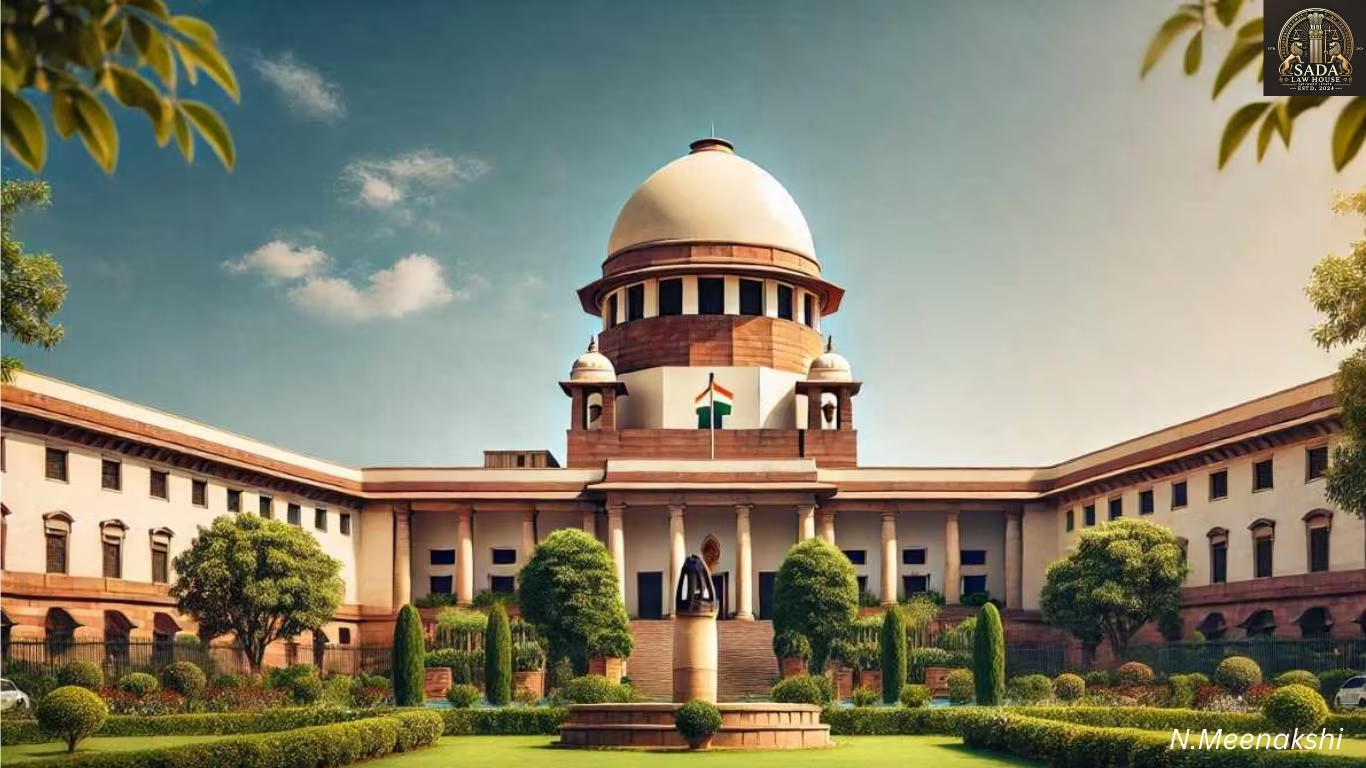Supreme Court Highlights Lingering Colonial-Era Land Disputes in India
- Kashak Agarwala
- 26 September 2025

Introduction
The Supreme Court of India, while deciding civil appeals concerning land in Dadra and Nagar Haveli, highlighted how colonial-era legal frameworks still shape modern disputes. A three-judge Bench observed the irony that 78 years after independence, Indian courts remain entangled in cases born from foreign land rights systems.
Background
The case stemmed from land grants made during Portuguese rule in Dadra and Nagar Haveli. The appellants based their claims on the Portuguese legal concept of emphyteusis—a system where individuals could hold conditional ownership while ultimate title remained with the State.
The Organizacao Agraria (OA) of 1919 governed land in Nagar Haveli, vesting unclaimed immovable property in the State and granting agricultural lands through perpetual lease rights (Alvaras).
Key Developments
The appellants challenged a Bombay High Court ruling that had upheld State control over such lands.
The Supreme Court noted that appeals attempted to reopen issues long settled, warning against endless litigation.
The Bench reiterated the principle of vigilantibus non dormientibus jura subveniunt—the law helps the vigilant, not those who sleep on their rights.
It dismissed reliance on waiver/acquiescence or foreign precedents, holding that they carried no binding force in India.
Issues
Whether colonial land rights under Portuguese law continue to hold validity in modern India.
Whether long-dormant claims should be reopened after decades of inaction.
The extent to which foreign judgments (like those of Lisbon courts) can influence Indian judicial decisions.
Judicial Reasoning
Special law prevails: The OA of 1919, being a special law for Nagar Haveli, overrides general land law principles (lex specialis derogat legi generali).
Delay doesn’t equal abandonment: The Court clarified that delay alone cannot amount to voluntary surrender of rights.
Foreign law not binding: Decisions of Portuguese courts could only serve as persuasive references, not binding precedents.
Finality in litigation: Courts must avoid reopening settled disputes based on speculative claims.
Current Status
The Supreme Court dismissed the appeals, upholding the Bombay High Court’s findings.
The appellants’ claims under Portuguese land law were deemed without merit.
The judgment affirms State authority over disputed lands in Dadra and Nagar Haveli.
Conclusion
The ruling underscores how colonial legal frameworks still cast shadows on modern Indian property disputes. By upholding the OA of 1919 and rejecting attempts to revive long-settled issues, the Court balanced historical legacies with legal finality. This decision illustrates India’s continued effort to reconcile its colonial past with its present-day judicial framework.






